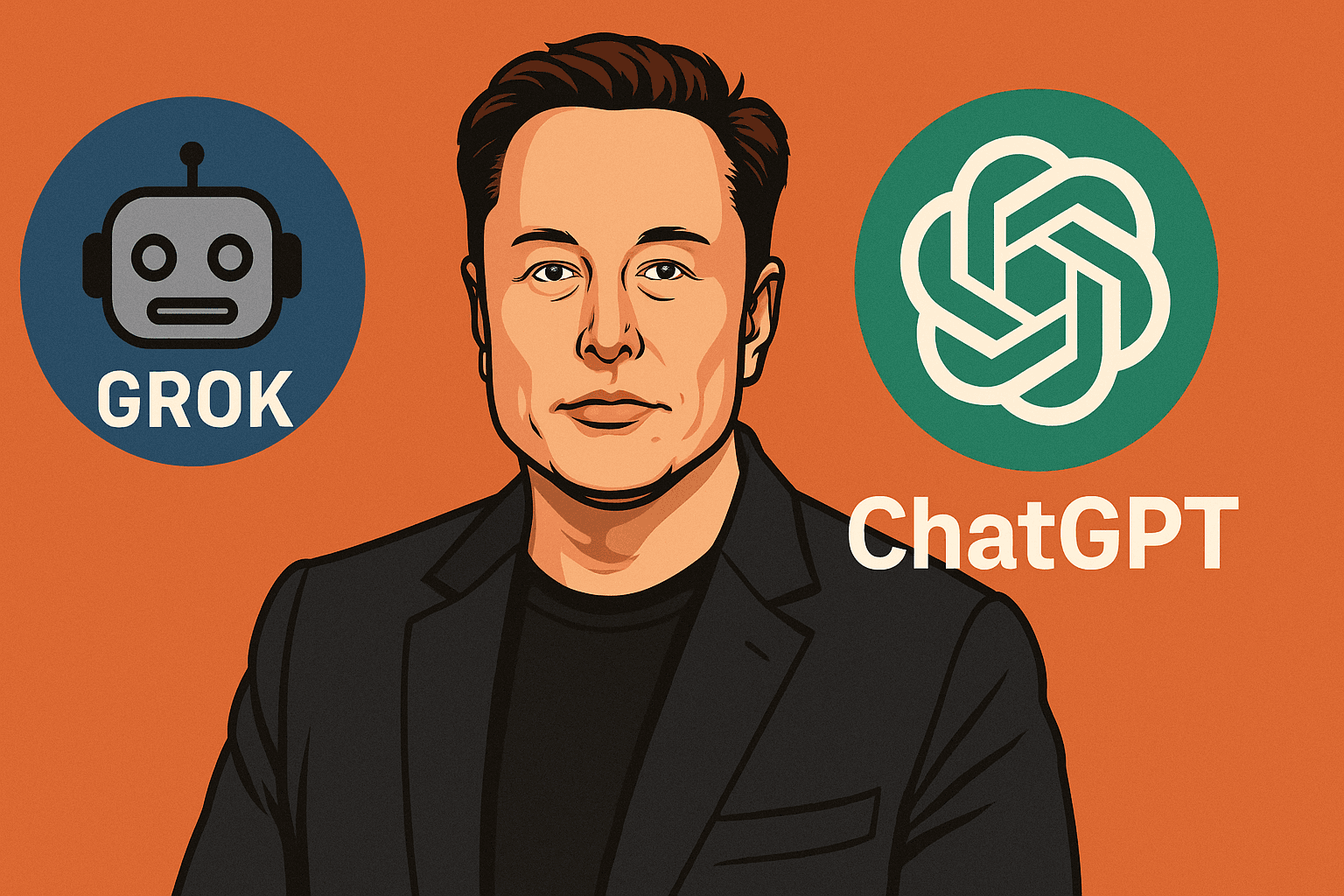Tesla is facing turbulence as it reports a staggering 71% decline in first-quarter profits. CEO Elon Musk announced he will refocus on the company starting in May, amid public outcry over his controversial political roles and leadership decisions that have sparked consumer backlash and investor concern.
Financial Performance
Based in Austin, Texas, Tesla revealed its Q1 profits dropped sharply to $409 million, or just 12 cents per share—a significant miss compared to analyst projections. Revenue was also down, falling 9% year-over-year to $19.3 billion.
Despite this, there was a positive note: operating cash flow jumped to $2.2 billion from $242 million the previous year, suggesting the company is still generating strong internal cash, even as profit margins tighten.
Political Fallout and Consumer Reaction
Tesla’s struggles are not purely financial. Public sentiment has turned, with protests erupting over Musk’s role in the federal Department of Government Efficiency (DOGE) and his vocal political affiliations—especially his ties to the Trump administration and support for far-right European politicians.
These controversies have not only affected Tesla’s brand image but are reportedly impacting consumer behavior in both the U.S. and Europe. “This is a big step in the right direction,” said Wedbush Securities analyst Dan Ives, referring to Musk’s decision to recommit to Tesla. The stock, which has dropped over 40% this year, saw a modest recovery of 3% in after-hours trading.
What’s Ahead for Tesla
Despite the headwinds, Tesla continues to push forward with strategic plans. Later this year, the company is expected to unveil a more affordable version of its best-selling Model Y SUV. In June, it plans to launch a paid driverless robotaxi service in its home city of Austin, Texas—a bold move that could reshape urban mobility.
Tesla also saw a boost from regulatory credit sales, earning $595 million in Q1, up from $442 million a year ago. These credits are sold to automakers that fail to meet emissions targets, providing Tesla a steady non-automotive revenue stream.
Tariffs, Competition & Global Pressure
While Tesla may avoid the worst of the Trump administration’s new tariffs thanks to its domestic manufacturing, it’s not immune. Some vehicle components and raw materials are imported and will now face increased costs. The company has also warned that its energy storage business could see greater disruption from the current tariff landscape.
In a major blow, China’s retaliatory measures have forced Tesla to halt orders for its Model S and Model X on the mainland. Its Shanghai factory continues to build the Model Y and Model 3 for Chinese consumers, but the long-term impact remains uncertain.
Meanwhile, competition is heating up. Chinese EV giant BYD recently launched a lightning-fast charging battery system, while European rivals are releasing next-gen EVs that are gaining traction. With sentiment shifting overseas, Tesla is under pressure to innovate and reconnect with its global customer base.



